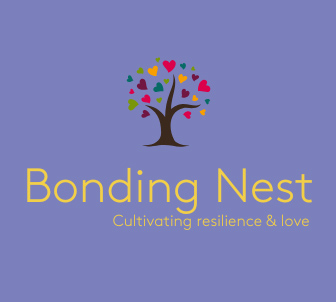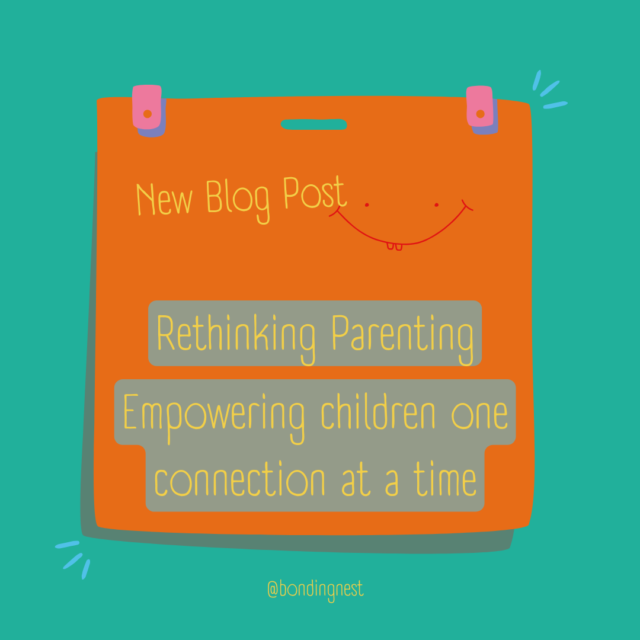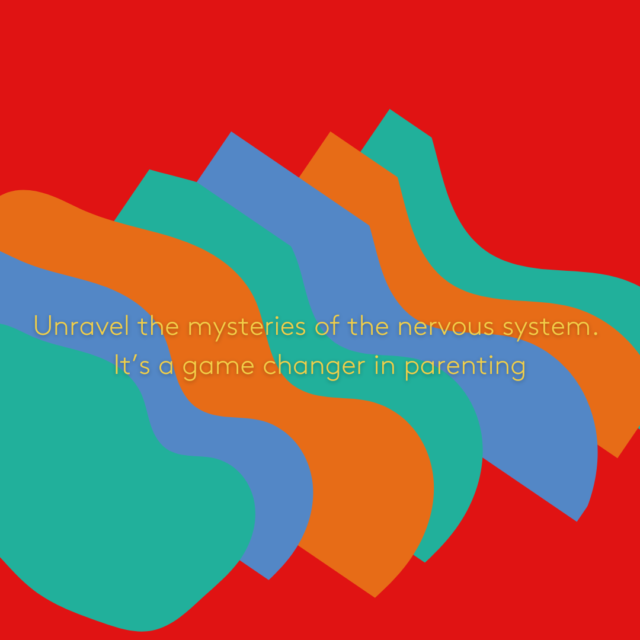Hugging is one of the simplest, yet most profound, forms of physical affection that carries numerous benefits for children. Beyond the emotional warmth it provides, science has shown that hugging has tangible benefits on the mental, physical, and emotional development of children.
- Hugging enhances emotional intelligence
Research shows that hug therapy can improve children’s emotional intelligence. In a study involving children with low emotional intelligence, hugging was found to boost their ability to manage their emotions and understand others’ feelings. This improvement in emotional intelligence contributes significantly to a child’s psychological and social development
- Hugging reduces stress and anxiety
One of the most studied benefits of hugging is its ability to reduce stress. When children receive hugs, their bodies release oxytocin, often referred to as the “love hormone.” This hormone helps calm the nervous system, reducing stress and anxiety levels. Hugging is also found to buffer the negative effects of interpersonal stress, acting as a protective barrier against stress-induced susceptibility to infections like the common cold.
- Hugging promotes relaxation and eases pain
For children who experience chronic stress or pain, especially those with disabilities, hugging can be a simple yet effective method to promote relaxation. Studies show that hugging while rocking or singing can help alleviate chronic physical stress and promote a sense of comfort in children with severe motor and intellectual disabilities. Another study demonstrated that hugging by mothers can significantly reduce pain levels during immunizations in infants, providing a simple, effective, and non-pharmacological intervention.
- Hugging supports mental health
Hugs are not only emotionally soothing but also have measurable impacts on mental health. Regular hugging helps mitigate symptoms of depression and feelings of powerlessness, particularly in adolescents. Although hug therapy alone may not completely resolve these conditions, it serves as an important emotional tool for providing comfort and connection.
- Hugging strengthens parent-child bonds
Physical touch like hugging is vital for the healthy development of secure attachments between children and their caregivers. Studies involving parent-child hugging communication systems highlight the positive effects of physical interaction on emotional and psychological security in children.
So, just go hug your kiddo one more time, and remember…
Hugging offers children far more than just a fleeting moment of comfort—it is a powerful tool for fostering emotional intelligence, reducing stress, supporting mental health, and deepening parent-child bonds. Integrating more physical affection like hugs into daily routines can have long-lasting positive effects on a child’s development.







